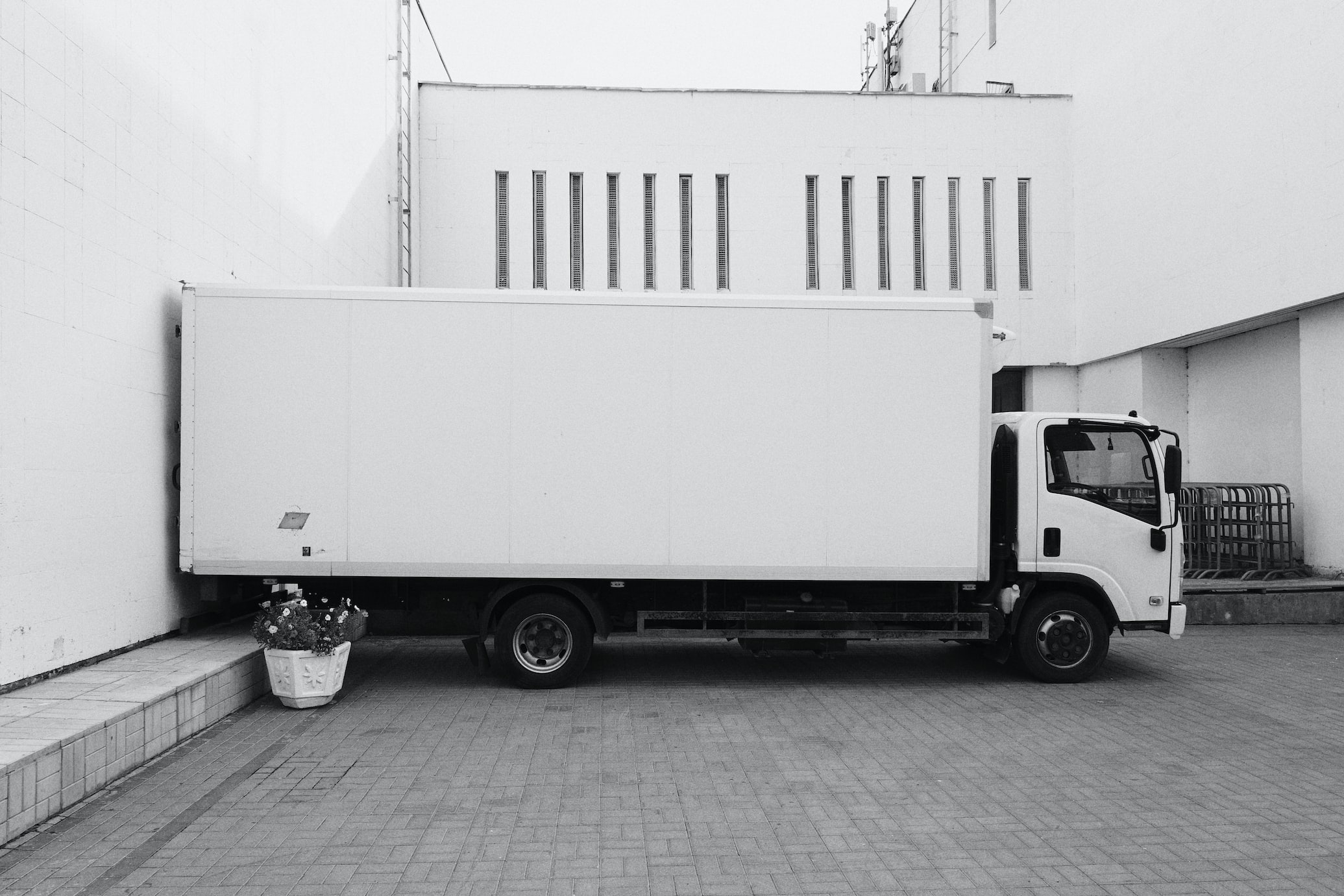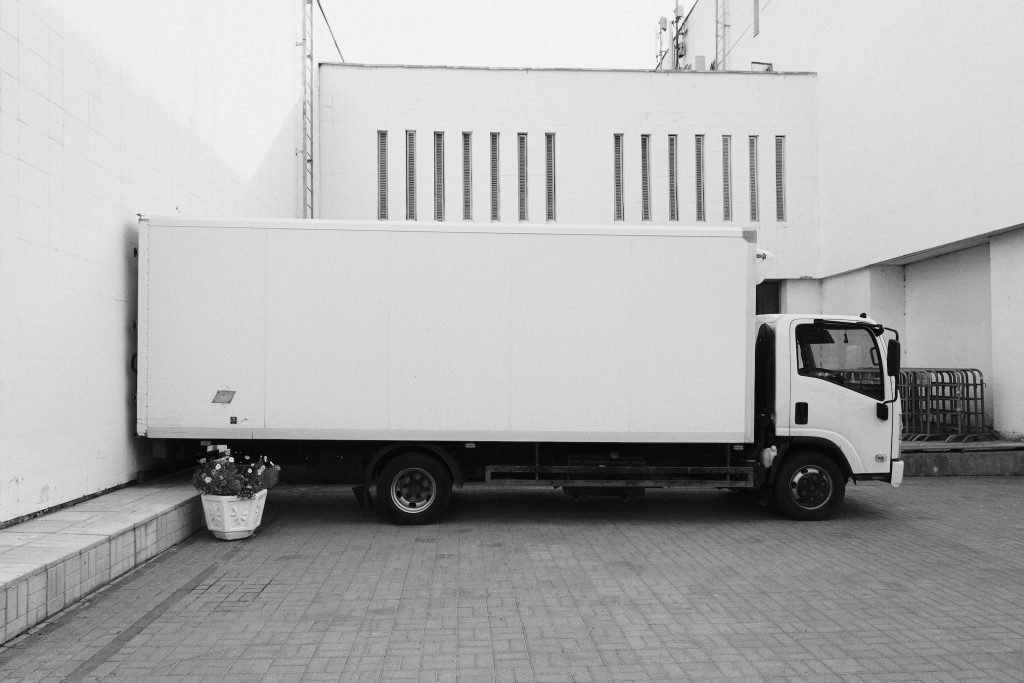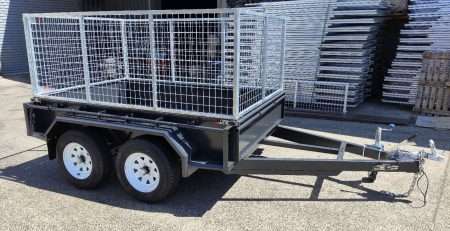
Why trailers are great for handling waste
Waste management is an essential part of recycling because it adequately deals with reducing disposal expenses. Globally, the costs of landfills and recycling are increasing due to a similar dynamic of waste being created. In Australia, more than 76 million tonnes of waste yearly is produced, with building and demolition materials being the principal contributor. When it comes to plastic waste, things aren’t too bright either since 84% of plastic waste ends up in landfills.
Hence, handling the recycling issue is a considerable challenge for companies and governments because they must abide by new regulations on sustainability and environmentalism. Each industry has different types of waste that must be used accordingly, but most of them require using proper-sized waste equipment. Among other solutions, a trailer is a quick fix to many waste problems. Here’s why.

A trailer is portable and compact
Regardless of the waste type you’re dealing with, you might want to use proper equipment, such as a trailer, that’s adequate for the processes your business operates. A trailer is a portable alternative to regular dumpsters, and it can be moved from one area to another to facilitate waste management. It works incredibly well in industries with massive products that leave out heavy or dangerous pieces.
For example, handling automotive industry waste management can be done differently in order to reduce costs and carbon footprint with better containers and vehicles. One example of such an equipment option includes a trailer that can save time and considerably help employees manage waste.
Trailers are also compact, so they can be placed in many areas that are not easy to reach. Hence, workers are not making much effort to gather all the waste, so their jobs are smoother and done better.
A trailer is more cost-effective
Every company is looking to save costs on waste management, especially since it can be quite costly if done inappropriately. In Australia, the cost of getting waste in landfills starts from $45 per tonne of waste but can reach $105 if you’ve got a lot of materials you no longer use. But depending on the type of waste your company creates and the regulations in your area, you could save up some money with a trailer instead of a dumpster fee.
Usually, with trailers, you only pay for the space used where your trailer is placed, so you can save some money on the amount of waste, mainly if you’re not producing a considerable amount. Regardless of the materials, be it wood, sheetrock, concrete or siding, your business can benefit from maintaining a clean environment and economizing.
A trailer can be used in various ways
Numerous types of trailers, especially dump ones, use hydraulic systems. These features ensure that there’s no heavy lifting included in getting rid of the waste, which helps employees maintain their health and well-being. Hence, any debris and scraps will be directly thrown out where they are with minimum effort and resources.
A dump trailer allows the carrying and transporting of numerous types of waste, which is convenient for many companies and small businesses. Moreover, dump trailers can be moved from one place to another to maximize efficiency in the long run.
The hydraulic system used in handling waste is especially great for construction companies because it streamlines the use of materials from one site to another. In some cases, trailers can be used for hauling heavy equipment that’s not extremely heavy, such as mini excavators.
A trailer is the perfect tool for landscaping projects
Landscaping projects tend to be considerably challenging in terms of management because a specific landscape area must be altered in order to become a valuable zone for people. Hence, the creation of roads, driveways and parking areas occurs with the help of proper equipment and guidance in a way that doesn’t negatively affect the environment. This means that the company’s landscaping project must occur efficiently and quickly, meaning that waste must be handled promptly.
This is why a trailer is the best choice for this type of project. While the site is being constructed, the trailer comes back and forth from the location to the recycling facility of the landfill so the team works in the best conditions. In this way, waste is not distributed around the area, and the project can unfold as fast as possible.
A trailer should be used according to the regulation
All trailers benefit companies, but they should be used differently and according to the law. For instance, you may know that refrigerated trailers are susceptible to driver errors and aren’t made for heavy loads. At the same time, flatbeds have an extensive securement process and a higher risk of losing parts of the load.
Regarding waste trailers, know that side dump models are quite pricey and challenging to handle due to size and weight. At the same time, they must be secured in a certain way to avoid the load getting away from the trailer.
On the other hand, end dump trailers are less efficient than side ones, so workers driving the vehicle they’re stuck to must be aware of the potential risks. Backing up is even more difficult than previous trailers, which is why your company should make a better plan on the path of the waste in a way that doesn’t put too much weight on the driver. While side dump trailers have distinct designs that make them sturdier, end dump models are more affordable and more accessible to maintain, which is why some businesses get them in the first place. Regardless, using a trailer is an excellent decision for waste handling, but it must be used accordingly.
Conclusion
Trailers have numerous use cases for waste management, which is a business sector that many companies struggle with. But these simple products are easy to use, convenient and cost-effective, so there’s no excuse to dispose of voluminous waste properly. However, trailers must be handled with care and professionalism so as not to hurt employees because they’re massive and difficult to maneuver.
Author
I am Rahatul Ashiq Tamal. Another author of Muscle Trailers. Muscle Trailers is a well-known trailer brand in Sydney, Melbourne & Adelaide

How to Mount a Spare Tire on Your Trailer: A Simple Step-by-Step Guide
Trailer service centers receive over 1 million phone calls and 1.3 million emails each year about trailer maintenance problems....

How to Fix RV Roof Leaks: Simple Roof Leak Detection Guide for Beginners
Did you know DIY RV roof repairs can cost under $50? But undetected leaks could lead to substantially higher repair...

Starting a Food Truck Business in Australia: From Trailer Selection to Launch
The Australian mobile food market has evolved into a billion-dollar industry. This makes a food truck...
